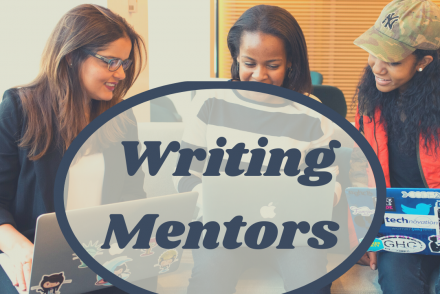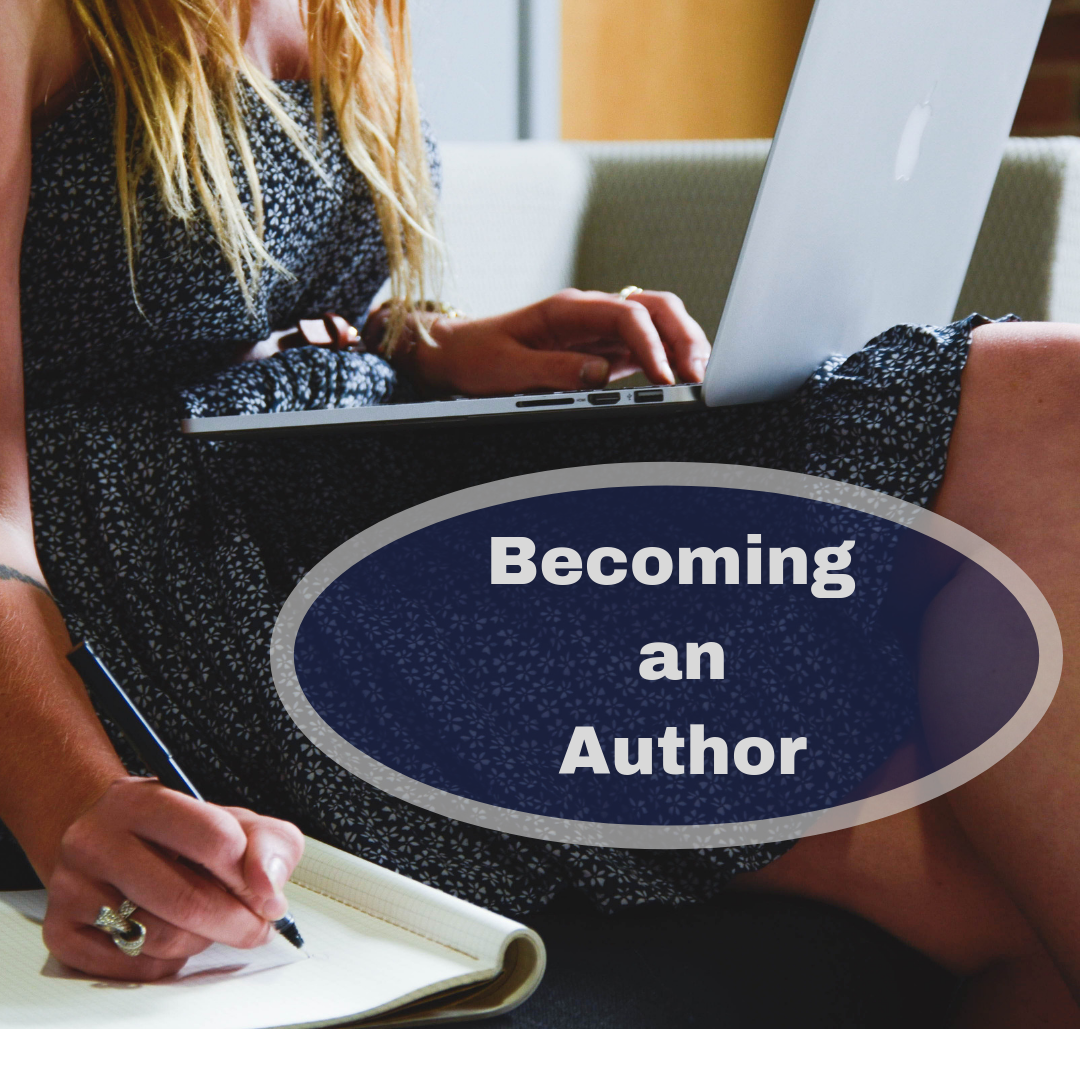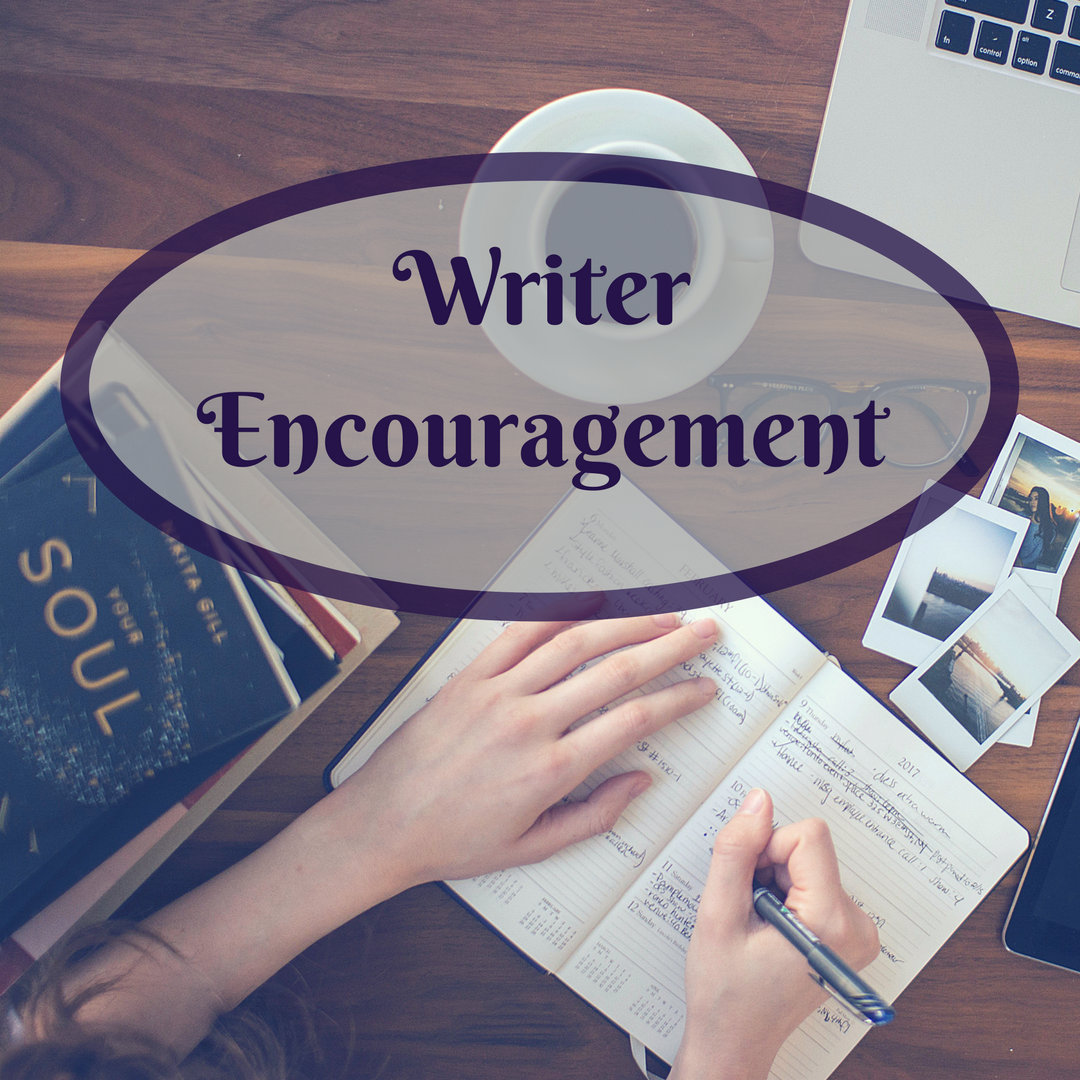
The Power of Networking: Building Meaningful Connections in the Writing Community
Writing can feel like a solitary career at times. After all, it’s just you, the keyboard, and your ideas…
July 16, 2024
Writing can feel like a solitary career at times. After all, it’s just you, the keyboard, and your ideas…
July 16, 2024
Writers Chat, hosted by Johnnie Alexander, Brandy Brow, and Melissa Stroh, is the show where we talk about all…
October 18, 2023
Why do you write? Do you have a theme, message, or goal for your books? I feel called, compelled,…
January 19, 2023
Why do you write? Do you have a theme, message, or goal for your books? I write to help…
August 19, 2021
Why do you write? Do you have a theme, message, or goal for your books? I write because I…
July 19, 2021
The law of prosperity is generosity. If you want more, give more.” Bob Proctor Remember this: Whoever sows sparingly…
June 8, 2020
In the previous post, I discussed how you can prepare for a literary agent by approaching the relationship with…
November 9, 2019
March of every year is Brain Injury Awareness Month. It’s a time when brain injury survivors, caregivers, and medical…
June 29, 2019
In a solitary profession like writing, sometimes the thought of being an encourager to other writers might not occur…
June 11, 2018